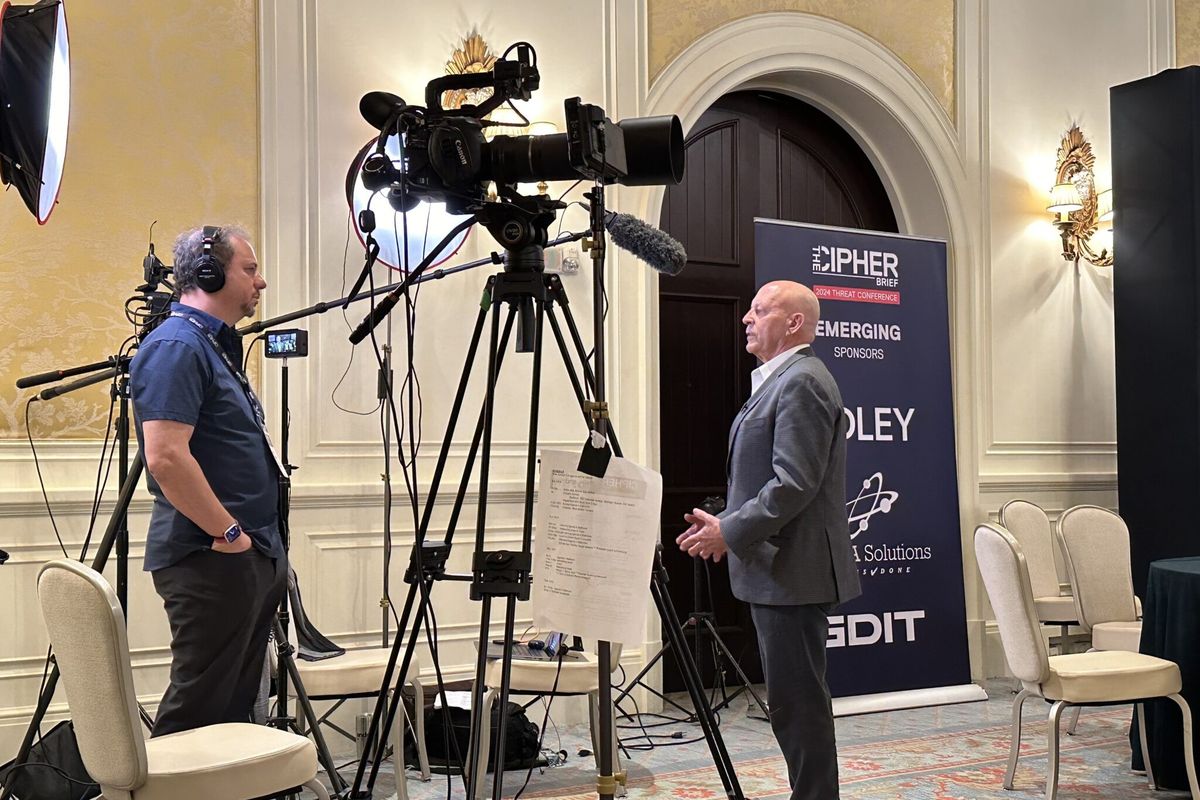Washington understandably is exercised over the controversy between the Trump transition team and the Intelligence Community (IC) concerning the apparent Russian government hacking of websites related to the Presidential election. This controversy obviously has immediate implications for the Trump Administration's relations with Moscow, and longer term ones for the climate between the Trump White House and the IC, especially its flagship institution, the CIA. This is even more concerning given somewhat similar accusations made towards another key security institution, the FBI, during the campaign. In the end, the state of that climate between the President and the IC is critical for our country's defense.
Americans, however, usually see the effective functioning of intelligence within the Executive Branch primarily in security/military terms, such as preventing another terrorist attack or targeting an opponent's weapons of mass destruction. But proper functioning of the IC-White House relationship is just as vital to America's diplomatic relations, which in many ways is our first line of defense, and our most important "force multiplier" for international engagement.
Unless America were to turn totally inward, or go it alone as a global hegemon—and there is no indication the Trump administration is eyeing, the American people want, or that success is possible with either alternative—diplomacy will remain at the center of U.S. foreign relations. Diplomacy is not an alternative to military or other hard power but simply the conduct of formal relations with outside powers to advance American, joint, and universal values. It is supported by, and in return supports, hard power tools as it seeks to persuade partners, neutrals, and opponents to support—or at least dial back resistance to—American initiatives.
The most important element of this persuasive effort is agreed facts. These facts frame the analysis of any situation and the response to it. Short of brute force, a particular U.S. initiative will persuade only through the other side's acceptance, or at least acknowledgement of the American side's acceptance, of the underlying facts. Even opponents can often be swayed if they believe the U.S. is operating consistent with reality.
The primary source of these facts and reality is the IC. Open sources and diplomatic exchanges are important, but intelligence agencies incorporate them into their work. All American partners have their own intelligence sources, but American diplomats routinely make their cases supported by U.S. intelligence. It is the gold standard given its breath and depth of collection, its extensive partnering and exchanges with foreign intel agencies, and its reputation for objectivity and independence. Our deployment of intelligence related to Saddam's motives, for example, was instrumental in building a huge diplomatic coalition of European and Islamic states that facilitated the U.S. Desert Storm operation in 1991.
But, again, this intelligence has value largely because it is seen as independent, objective, and central to U.S. policy initiatives. American diplomats, when asserting facts to foreigners, will routinely be asked what the U.S. IC take is (although the foreigners often know already from exchanges between their own and U.S. intelligence). Smart foreign officials also know that the U.S. IC usually must "sign off" on the facts that American diplomats are directed to assert, and at least to the factual "logic" of American policies being advocated.
Bad relations between the White House and the IC from the Russian dispute could poison the efficacy of intelligence support for diplomacy in three ways. First, U.S. leaders could disregard the IC's findings and analyses. Were that so, other nations would have little faith in the factual basis for U.S. policies. Traditionally, U.S. leaders are unwilling to challenge IC findings. In fact, even when fairly obvious that the IC has got something wrong—like its 2007 judgment with less than high confidence that Syria was pursuing nuclear weapons, despite discovery of the secret Syrian al-Kibar reactor—leaders usually do not second guess. (In this case President George W. Bush opted not to take military action absent a high confidence judgment.)
Second, U.S. leaders could attempt to "cook" U.S. intelligence to fit policy desires, or IC leaders could preempt such attempts by "serving up" what they think is desired, not what they think is right. Concerns about this, even though largely dispelled, burdened the U.S. effort to build an international coalition against Iraq in 2003.
Finally, if relations are bad enough, intelligence officials could be seen to be cooking" their own intel to stymie administration policies, or administration officials could believe that any Intel that does not undergird their views and policies is deliberate IC disloyalty. Thus, some officials felt that the 2007 IC finding that Iran had ended specific nuclear warhead research, deliberately undercut diplomacy to support a preemptive U.S. strike on Iran.
Tensions between the IC and a new administration are not new, and it is far too early to conclude that the two cannot resolve these disputes, once the Trump team assumes command at the CIA and other IC institutions. But enough damage has already been done to elevate this problem to the "A" list, requiring top level priority leadership to keep this critical relationship on the tracks.













